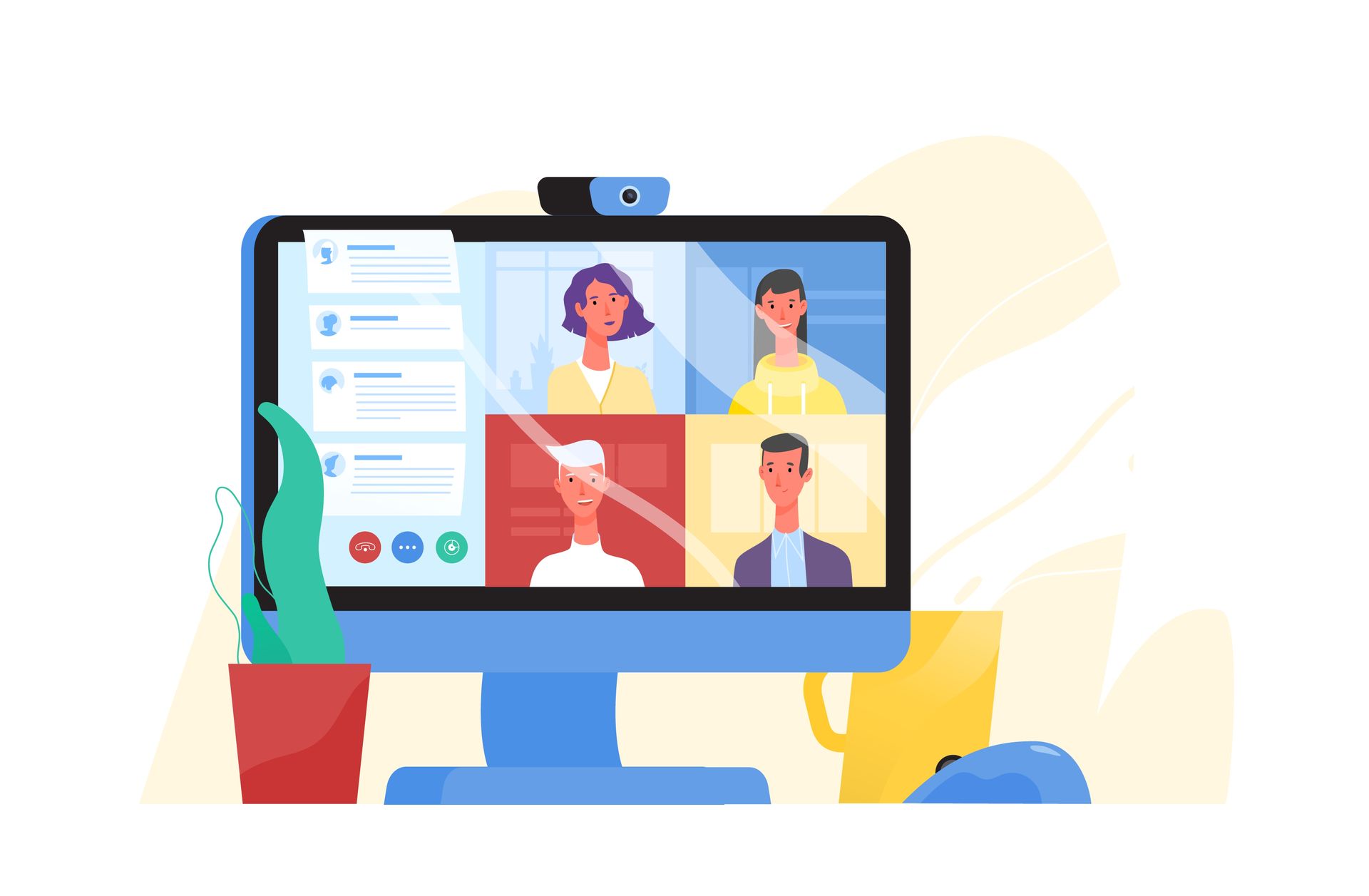How AI Is Actively Powering Social Media in 2025
AI for Customer Service
AI-powered chatbots on platforms like Facebook Messenger and Instagram continue to automate responses, handle scheduling, resolve common issues, and route inquiries. Tools like Meta’s built-in automation and third-party tools such as ManyChat remain effective for small businesses.
Image and Video Recognition
AI now processes short-form video and UGC faster than ever. Platforms like Instagram and TikTok use AI to identify visual themes and push content accordingly. This helps businesses with product tagging, moderation, and improved targeting.
Sentiment Analysis
Brands monitor comments and mentions using tools like Brandwatch and Sprout Social, which now integrate generative AI to summarize sentiment across thousands of interactions. This supports faster PR response and trend detection.
Predictive Analysis: AI predicts user behavior by analyzing scrolling speed, dwell time, and engagement trends. This powers retargeting campaigns, custom post timing, and personalized content queues.
Trend Identification: AI processes large volumes of social data across regions and demographics. Tools like Google Trends, Sprinklr, and Exploding Topics use this for early trend spotting—valuable for Houston businesses planning content calendars.
Influencer Matching: AI-powered tools such as CreatorIQ and Modash help brands identify influencers with high trust scores, real audience engagement, and topical relevance—moving beyond just follower count.
Fake News and Misinformation Monitoring: Major platforms use AI to detect false claims based on source patterns, NLP analysis, and behavior signals. While not perfect, these systems are part of broader content moderation strategies.
Ad Personalization and Targeting: AI-driven ad platforms like Meta Ads and Google Ads use real-time behavior and interest clustering to serve hyper-targeted ads, optimizing for conversion and ROAS.
Speech and Audio Recognition: AI tools transcribe live and recorded audio in Reels, Stories, and YouTube Shorts. They also identify brand mentions and can auto-generate captions or audio-based targeting signals.
The use of AI in social media is continually evolving and growing, promising new and exciting possibilities for the future.
Content Personalization & AI
AI algorithms analyze a user's behavior, interests, and interactions to personalize the content they see. For instance, Facebook's news feed, Instagram's Explore page, and Twitter's suggested follow list all rely on AI for content personalization. One of the major applications of AI in social media is to customize the content that each user sees. The aim here is to tailor the user's experience in a way that aligns with their personal preferences and behavior, thereby increasing user engagement and satisfaction.
AI achieves this by employing complex algorithms to analyze various factors. It tracks a user's behavior on the platform, such as the posts they like or share, the accounts they follow, the hashtags they use or follow, and the duration of their interaction with different types of content. All these elements come together to create a unique digital fingerprint of the user's interests and preferences.
Working with AI for Facebook, Instagram, and other social media platforms
In addition to behavior, AI also takes into account the user's interactions. For example, if a user frequently interacts with a certain type of post or a certain account, the AI system recognizes this and adjusts the content that user sees accordingly. This could mean displaying more content from a favored account, or more posts of a certain type.
AI's role doesn't end there. It continually learns from the user's changing behavior and interactions. If a user's activity pattern changes, the AI system is able to adapt and modify the content shown to the user accordingly. This ability to learn and adapt is what makes AI so valuable in content personalization.
Different social media platforms utilize this AI capability in various ways. For example, Facebook uses AI to curate its news feed, ensuring that users see more of what they like and less of what they don't. This includes posts from friends, suggested content based on interests, and relevant advertisements.
Similarly, Instagram uses AI to personalize its explore page. The page showcases content that the user might like based on their past interactions. It's a mix of posts, reels, and IGTV videos from accounts that the user doesn't follow but might find interesting.
Twitter, on the other hand, uses AI to suggest who to follow, tailoring these suggestions based on the user's past activity. It also uses AI to highlight tweets and stories users may find interesting in the 'What's happening' section.
In summary, AI plays a significant role in enhancing the user experience on social media platforms. By personalizing the content that each user sees, it not only makes the user's experience more enjoyable and engaging but also helps businesses and advertisers reach the right audience.
AI can help with content personalization across a variety of formats on social media, based on individual user preferences, behavior, and interactions. Here are some types:
Text-Based Posts: AI can analyze a user's interactions with different text posts (likes, shares, comments, etc.) to understand their preferences. For example, if a user consistently interacts with posts about vegan recipes, AI can show them more of this kind of content.
Images and Visual Content: AI can analyze visual content using image recognition technology. For example, if a user often interacts with pictures of cats, the AI system can start showing them more cat-related content.
Videos:
By observing what type of videos a user watches, how long they watch them, and their interactions with the videos, AI can personalize the video content presented to the user.
Ads: AI is frequently used to personalize ads. It analyzes a user's behavior to understand their needs and preferences, allowing for highly targeted ads that are more likely to lead to conversions.
News and Articles: AI can help users discover news and articles aligned with their interests. If a user regularly reads and interacts with content about technology, AI can suggest more technology-related articles to them.
Recommendations: Based on a user's history, AI can suggest new people to follow, new groups to join, new pages to like, etc.
Search Results: When users use the search function, AI can enhance the results by providing personalized suggestions based on their past searches and interactions.
User Interface: AI can even personalize the overall interface and experience of social media platforms. For example, it can rearrange the features or buttons a user often uses to make them more easily accessible.
In short, AI's role in content personalization is to ensure that users are seeing the content most relevant and engaging to them, making their social media experience more enjoyable and satisfying.










